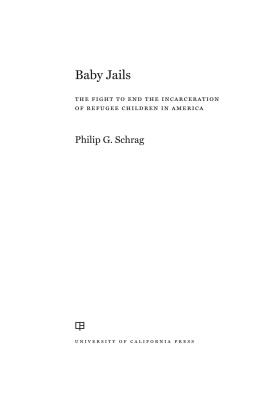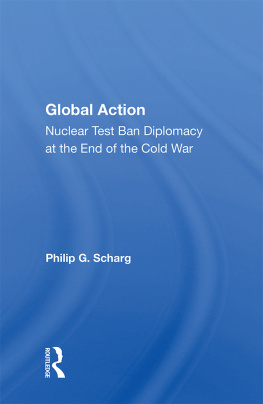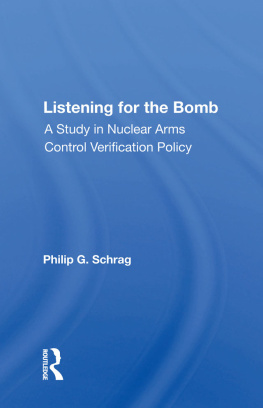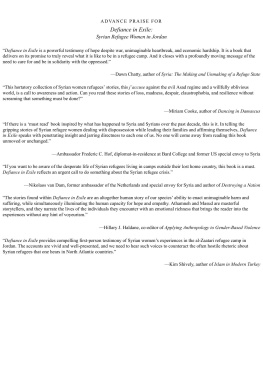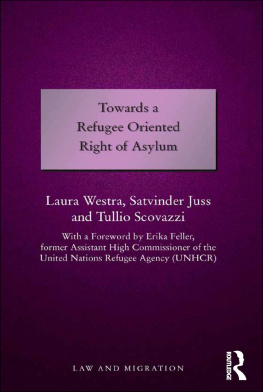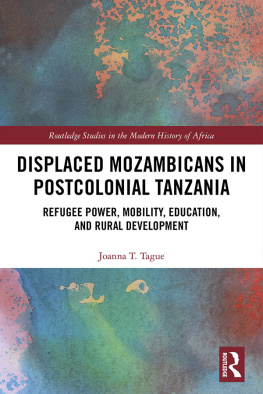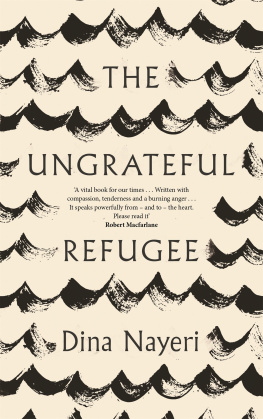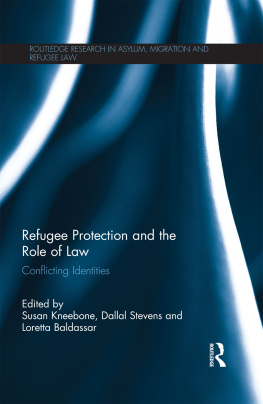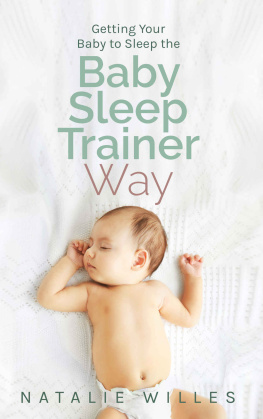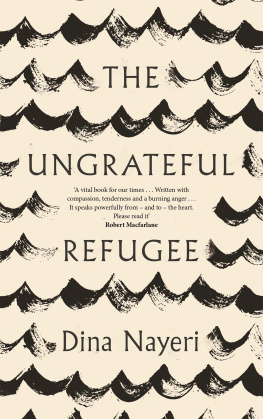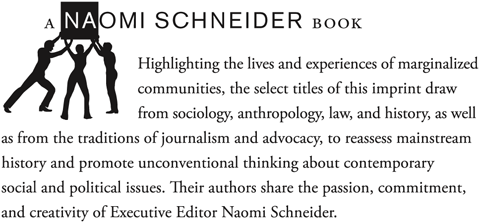Philip G. Schrag - Baby Jails: The Fight to End the Incarceration of Refugee Children in America
Here you can read online Philip G. Schrag - Baby Jails: The Fight to End the Incarceration of Refugee Children in America full text of the book (entire story) in english for free. Download pdf and epub, get meaning, cover and reviews about this ebook. year: 2020, publisher: University of California Press, genre: Home and family. Description of the work, (preface) as well as reviews are available. Best literature library LitArk.com created for fans of good reading and offers a wide selection of genres:
Romance novel
Science fiction
Adventure
Detective
Science
History
Home and family
Prose
Art
Politics
Computer
Non-fiction
Religion
Business
Children
Humor
Choose a favorite category and find really read worthwhile books. Enjoy immersion in the world of imagination, feel the emotions of the characters or learn something new for yourself, make an fascinating discovery.
- Book:Baby Jails: The Fight to End the Incarceration of Refugee Children in America
- Author:
- Publisher:University of California Press
- Genre:
- Year:2020
- Rating:4 / 5
- Favourites:Add to favourites
- Your mark:
Baby Jails: The Fight to End the Incarceration of Refugee Children in America: summary, description and annotation
We offer to read an annotation, description, summary or preface (depends on what the author of the book "Baby Jails: The Fight to End the Incarceration of Refugee Children in America" wrote himself). If you haven't found the necessary information about the book — write in the comments, we will try to find it.
For decades, advocates for refugee children and families have fought to end the U.S. governments practice of jailing children and families for months, or even years, until overburdened immigration courts could rule on their claims for asylum. Baby Jails is the history of that legal and political struggle. Philip G. Schrag, the director of Georgetown Universitys asylum law clinic, takes readers through thirty years of conflict over which refugee advocates resisted the detention of migrant children. The saga began during the Reagan administration when 15-year-old Jenny Lisette Flores languished in a Los Angeles motel that the government had turned into a makeshift jail by draining the swimming pool, barring the windows, and surrounding the building with barbed wire. What became known as the Flores Settlement Agreement was still at issue years later, when the Trump administration resorted to the forced separation of families after the courts would not allow long-term jailing of the children. Schrag provides recommendations for the reform of a system that has brought anguish and trauma to thousands of parents and children. Provocative and timely, Baby Jails exposes the ongoing struggle between the U.S. government and immigrant advocates over the duration and conditions of confinement of children who seek safety in America.
Philip G. Schrag: author's other books
Who wrote Baby Jails: The Fight to End the Incarceration of Refugee Children in America? Find out the surname, the name of the author of the book and a list of all author's works by series.

